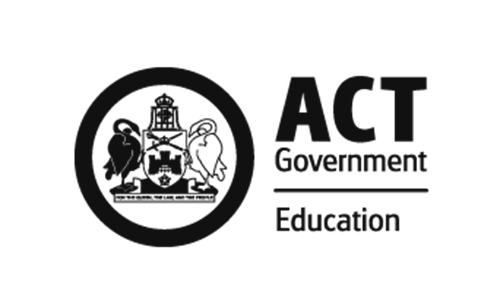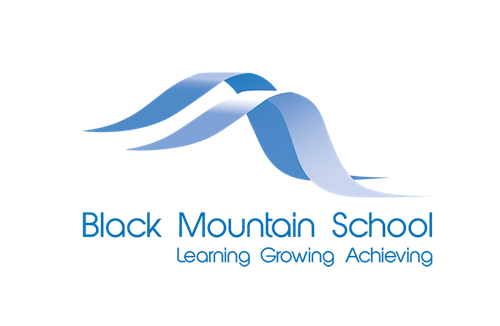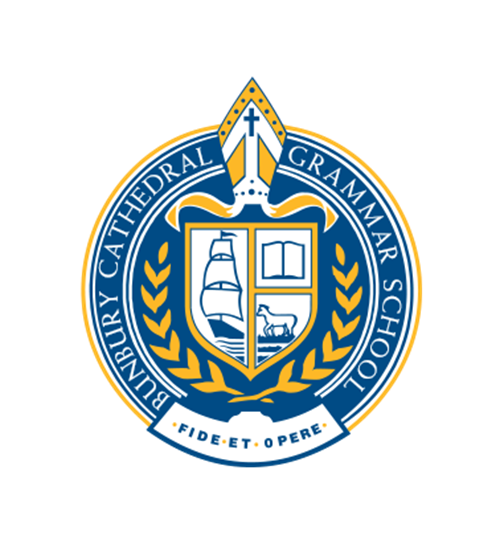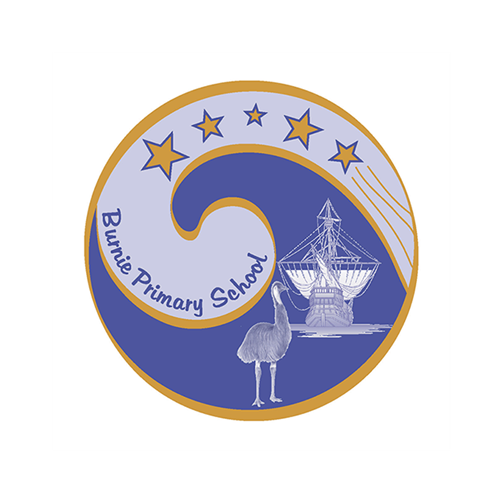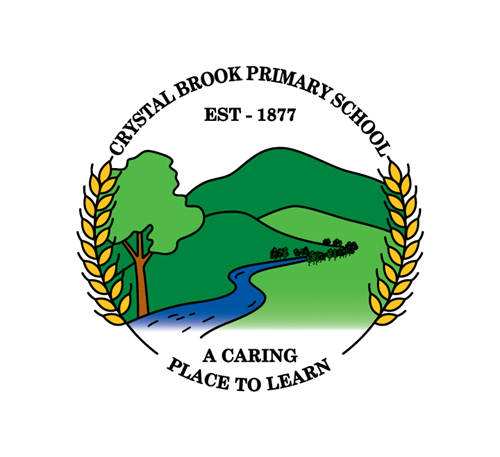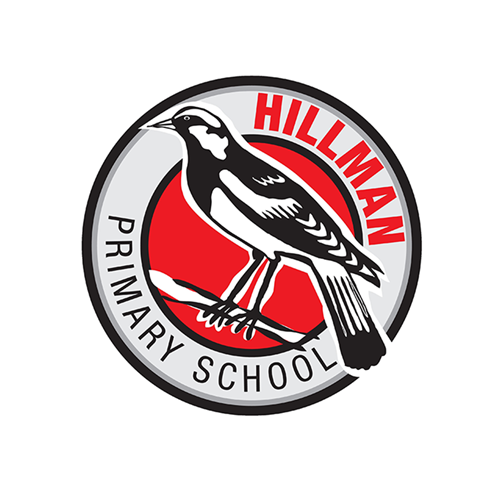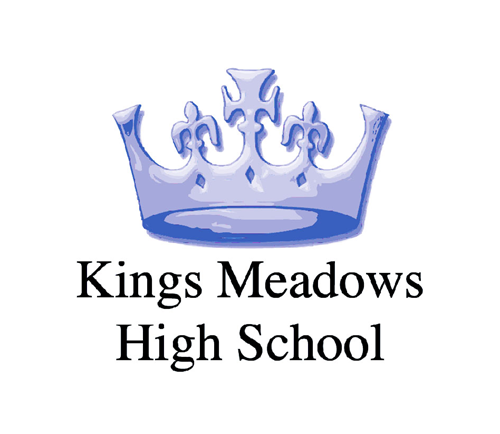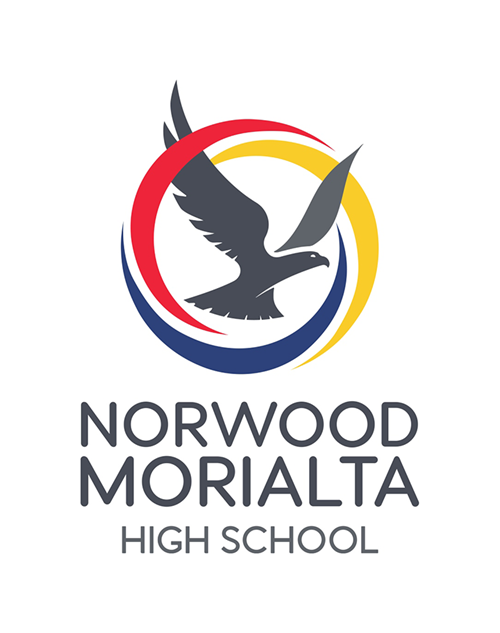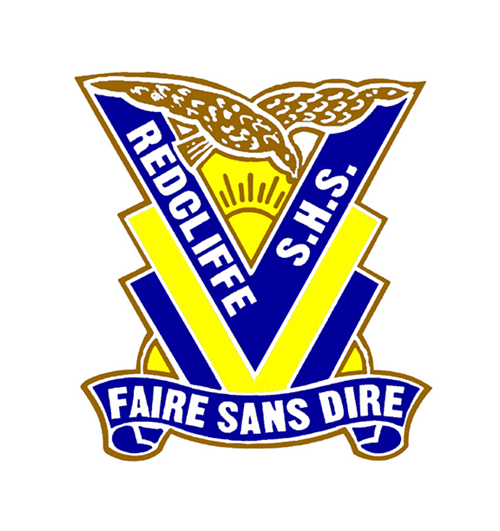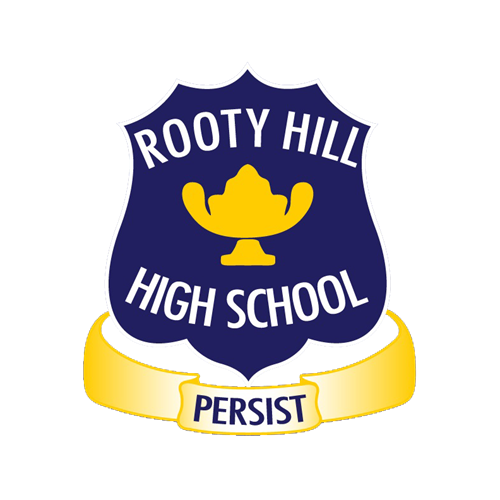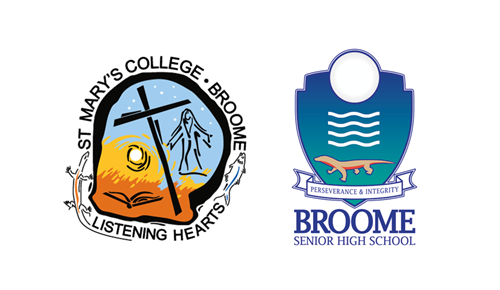Career Education: developing entrepreneurial skills through social enterprise
At Myrrhee School and Cathedral College Wangaratta career education is planned and developed through a social enterprise program. The social enterprise experiences encourage students to be job makers and not job seekers, skills deemed to be especially important in rural and remote regional areas. Entrepreneurial learning builds skills in leadership, enterprise and employability. Students at both schools engage in authentic experiences to develop transferable enterprise skills for effective participation in the workforce.
Students at Myrrhee School established ‘Country Drone Photos’, an aerial photography business as their social enterprise venture. Further examples of social enterprise projects have included: a community pizza night, packaged ‘Making Day’ products for online purchase, and wine production in a ‘Vine to Wine’ project.
In the social enterprise elective at Cathedral College Wangaratta Year 9 students are required to: identify a cause or charity that they would like to support, decide on the product or service that they could offer, pitch the proposal to their peers and action their plans. Social enterprise projects have included the sale of toasted sandwiches to raise money for testicular cancer and the production of lip balm to support local honey producers. Following the social enterprise elective, Year 10 students at Cathedral College Wangaratta engage in a ‘Work Education’ course as part of their weekly timetabled subjects.
These aspirational approaches to career education are designed to encourage students to think broadly about potential career pathways while developing a range of general capabilities.
Myrrhee School social enterprise learning experiences incorporate the Australian Curriculum learning areas of Mathematics, English, and Technologies. General capabilities developed during the social enterprise experiences include Critical and creative thinking, Personal and social capability, ICT capability, Ethical understanding, Literacy and Numeracy capabilities.
In the Year 9 social enterprise elective at Cathedral College Wangaratta, students develop their social enterprise projects within the Australian Curriculum learning areas of The Arts and Technologies. Social enterprise experiences encourage the development of general capabilities, particularly the transferable elements of the Personal and social capability and Critical and creative thinking. Ongoing career education experiences in Year 10 are aligned to the Australian Curriculum Work Studies learning area.
In the illustration of practice:
Describe how the schools use the Australian Curriculum learning areas and general capabilities to develop a career education program.
Identify the schools’ approaches to the key objectives of Future Ready: A student focused National Career Education Strategy.
How does the school identify and engage with a range of stakeholders in the development of their career education program?
In your school context:
Identify how a school-based career education program would benefit your students.
What aspects of the Australian Curriculum could be included in your school-based career education program?
What elements of the Future Ready: A student focused National Career Education Strategy would you include when developing your school-based career education program?
How would you identify and include appropriate community stakeholders when developing a school-based career education program?


